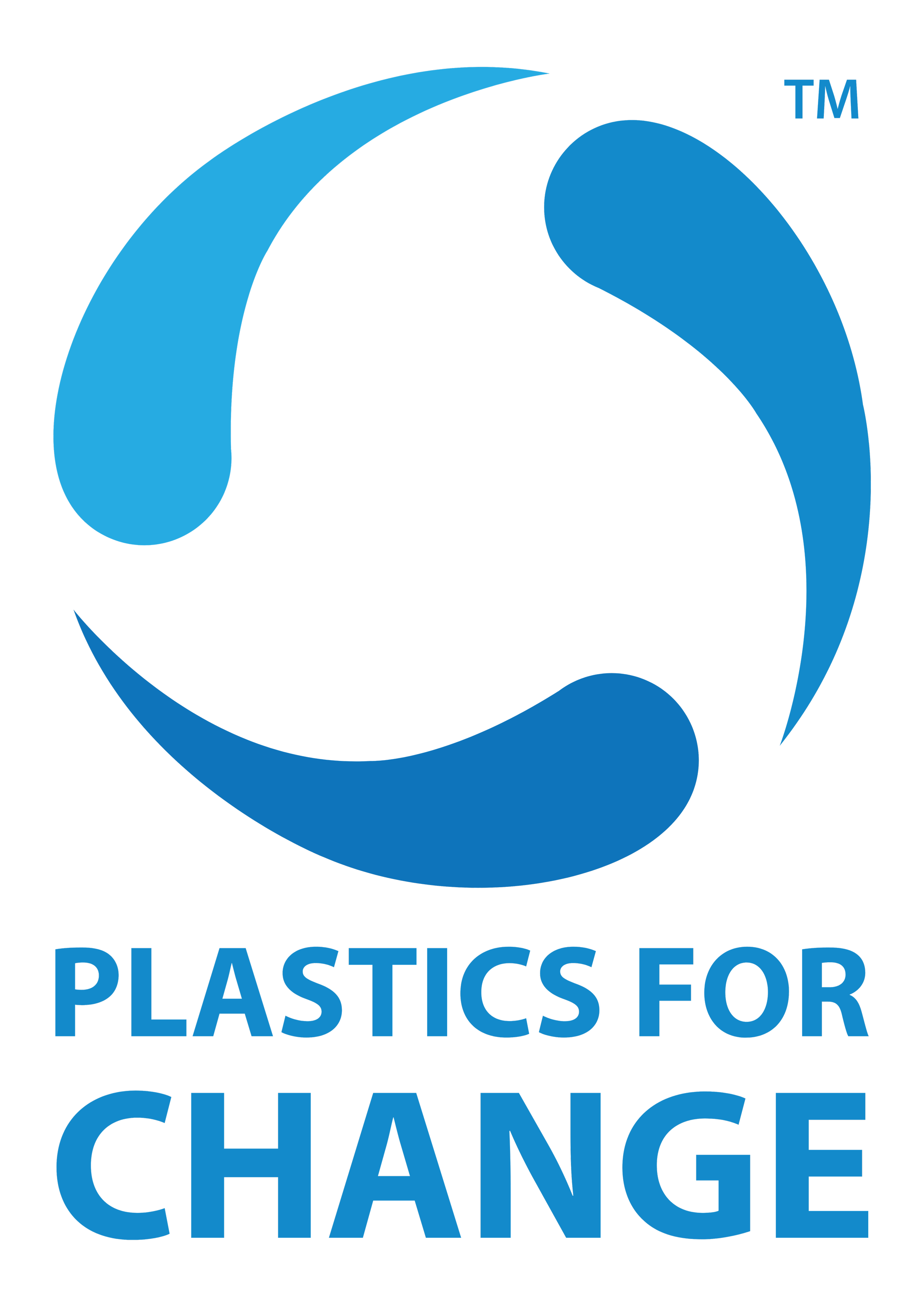6 questions to ask when sourcing from plastic traders!
Each year millions of tonnes of recycled plastic is imported from the global south to the global north. In fact, 58% of all plastic collected comes from the informal sector in emerging economies, while 50% of all the recycled plastic consumed in packaging happens in Europe.
Due to the complexity of the supply chain many recycling companies struggle to validate the claims of the plastic traders they source from.
Here are five questions to ask to curtail greenwashing and validate that the plastic traders claims are legitimate.
1. Do they have a strong field team on the ground in the countries where they operate?
Building compliance standards with the informal waste economy is extremely hard work. It requires time and energy to build the trust and relationships with the scrap shops and waste collectors.
Most plastic traders importing material have teams in Europe and North America, not in the economies where they source from.
The Plastics For Change team is actively engaged with the supply chains where we operate. Plastics For Change has 3 social service workers in each community and 1 sourcing associate for every 15-30 scrap shops to ensure compliance with the WFTO and OBP verifications. Each supply chain has at least one person working full time to ensure compliance with the fair trade standard. “Boots on ground” is need to build trust and cooperation with the scrap shops we serve.
2. Do they use third party certifications or self certification?
Most plastic traders rely on internal certifications, rather than third party certification schemes.
Plastics For Change partners with third party auditors to certify the supply chains. In 2022 we conducted 8 third party audits to ensure the legitimacy of our claims for social and environmental governance, including with the WFTO and Ocean Bound Plastic.
3. Do they claim blockchain as a solution?
Many plastic traders claim that using the block chain is the solution for supply chain compliance. Using blockchain is completely ineffective when dealing with the informal sector. The ledger may be secure, but the data entered into the ledger can still be completely falsified. Therefore the security of the block chain is a farce.
Simply put If a supply chain partner is using an unreliable system to record information, then the addition of blockchain technology is purposeless. The immutability of the Blockchain does not guarantee the quality of the data.
The Plastics For Change app creates a live dashboard to show the Impact KPI from the base of the supply chain in real time.
4. Do they have a valid REACH ID ?
REACH ( Registration, Evaluation, Authorisation and Restriction of Chemicals) is a European Union regulation implemented to protect human health and environment from any risk chemicals present.
Any companies purchasing 1 tonne for or more of material require a REACH ID. Non-compliance could result in prosecution of the company buying the material.
Plastics For Change has a valid REACH registration ID to ensure full compliance when importing the material.
5. Can they validate the ECHA 95% food contact beverage bottle input requirement ?
Recycled polymers in food contact applications require traceability on feedstocks as part of the European Food Safety Authority (EFSA) process application. For companies based in North America, the FDA is the regulatory body.
To comply with EFSA, the PET must be at least 95% food contact materials as an input.
Plastics For Change logs all the segregation data on our app to validate a time stamped approved of each batch segregated. This information can be exported easily into an excel sheet to provide documented assurance of the 95% food contact claim.
6. Do they buy loose unbaled bottles or compressed bale material ?
In the rPET recycling supply chain the loose rPET bottles are compressed into bales for easier transportation to the recycling facility.
Most plastic traders buy baled material from other plastic aggregators / balers. In India, each plastic baler, sources loose bottles from 15-30 scrap shops. Therefore, achieving transparency to the plastic baler does not ensure transparency with the scrap shops and waste collectors at the base of the supply chain.
Plastics For Change sources only loose scrap plastic directly from the stakeholder at the base of the supply chain, rather than sourcing bales from plastic traders. This strategy ensures we’re building transparency to the last mile of the supply chain and supporting the most marginalized communities in an effective manner.
